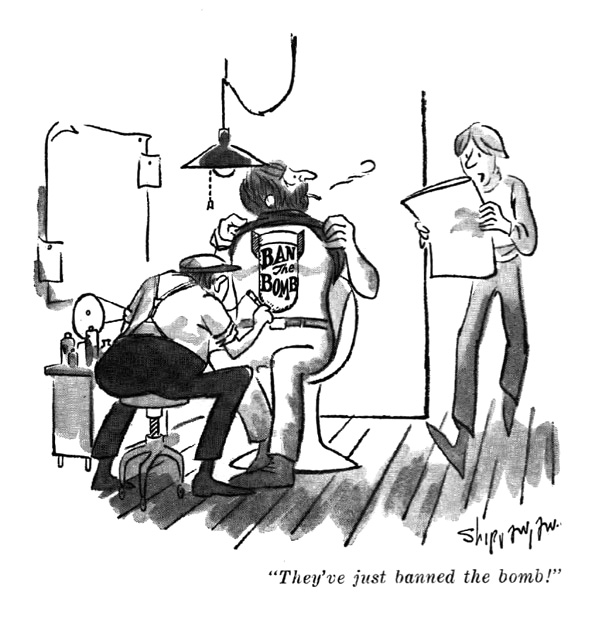
The sheer scale of support to the banking sector is breathtaking. In the UK, in the form of direct or guaranteed loans and equity investment, it is not far short of a trillion (that is, one thousand billion) pounds, close to two-thirds of the annual output of the entire economy. To paraphrase a great wartime leader, never in the field of financial endeavour has so much money been owed by so few to so many. And, one might add, so far with little real reform. —“Watch: King says banks should be split up,” Mervyn King (quoted by Chris Barnyard), Liberal Conspiracy
American empire sticking to Chinese hegemony’s schedule;
13718891144, 13719573859, 13731497492, 13751456763… (but the blood test checks out);
two videos: “Synesthesia” and extreme accordionism;
Sherman Alexie’s doing pretty good for himself;
obituary for a mass murderer
In theory, the purpose of building “sunset” provisions into these new powers was to allow–indeed, to force–Congress to consider what changes might be needed in the event of such misuse. Given the incredible secrecy of intelligence investigations, this would be a dubious check even under ideal circumstances. But what’s truly astonishing is that even known abuses don’t seem to have given legislators second thoughts about resisting administration demands. —“‘War on Terror’ II,” Julian Sanchez, The Nation
Beatles: not bigger than Jesus–also not bigger than Cliff Bleszinski;
after 27 years the Weather Channel seeks broader focus, will air weather movies;
some good old words (“FELSH. To renovate a hat”)
You know the problem of consciousness is a hot topic right now. There have been half a dozen books published just in the last year or two. All of them are trying to figure out what it is in the brain that makes you self-aware. Of course, materialists like Moravec, and Churchland and his wife, are of the opinion that is it only going to be a short time until we figure out how the brain makes itself aware. But there is another school of philosophy that is coming into prominence now, with which I am sympathetic. They’re called the Mysterians. The Mysterians, and this includes a number of very top notch philosophers like David Chalmers, Colin McGinn, John Searle, Thomas Nagel, Jerry Fodor, Noam Chomsky, and a bunch of others, are of the opinion, and I share this view, that consciousness is something so mysterious that no one has the slightest idea how the brain makes itself aware, and we may never find out. That’s the extreme Mysterian position, that we don’t have the intellectual capacity ever to solve the problem of consciousness. It may be something beyond our power to understand; the way calculus is beyond the mind of a chimpanzee. It’s an interesting point of view because it may be that there are some questions beyond the reach of science because of the limitations of our present brain. Perhaps in a million years from now, if we evolve with bigger brains, we’ll solve it. Roger Penrose is a Mysterian. This was one of the themes of his famous book The Emperor’s New Mind, for which I wrote the introduction. We Mysterians think consciousness won’t be understood for at least a long, long time. Also, the Mysterians believe that self-awareness and free will are two names for the same thing. If you try to imagine yourself without self-awareness, then you can’t imagine yourself having free will to make decisions. You’d be like an automaton. —“This Side of the Pond: The Martin Gardner interview,” Don Albers (interviewer), Cambridge University Press
An appreciation of Gardner
(related: beautifully-arranged PDF of Mathematical Recreations and Essays by W. W. Rouse Ball
via Project Gutenberg’s math collection);
some kindergarten math;
Math Overflow lets mathematicians consult each other
Blog: Daily Drop Cap


